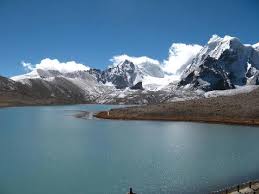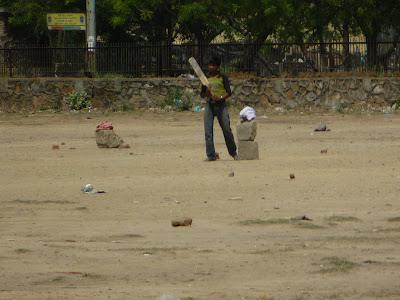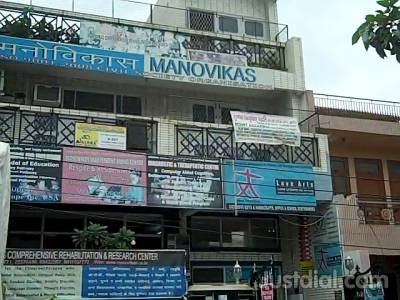As Katie has said, a lot has been written in this blog about what we’ve been up to without too much of a mention about the focus of what we’ve been spending most of our time on!
Firstly, a bit about AFA – its history and philosophy:
AFA’s founder and Director, Merry Barua, started the autism movement in India as she was driven by the need for a diagnosis for her autistic son at a time when a lack of information and misconceptions about the disorder abounded. The focus for AFA is on "spreading the word" and enabling families to empower themselves. This has led to a growth in services and the formation of empowered parent groups, and in particular of parent-driven services. AFA is infused with a vision of an inclusive society that looks not merely at individuals with social and communication challenges but at all those who do not fit into society’s judgmental 'norms'.
In the 20 years since its creation, AFA has progressed from small beginnings. Many of the people working at AFA are volunteers, drawn together by a common thread and now the National Centre for Autism has become viewed as the central agency in India for the disorder. AFA’s work now extends to supporting organisations from across southern Asia, bringing together parents, professionals and trainers, while its website maps everything from legal updates to new books on the subject and information on local support groups. Its success has been in creating awareness amongst families and professionals. Consequently, this led to an increased need and demand for services and support, and so far, AFA has:
• Trained over 4000 persons
• Facilitated the startup of Parent organisations
• Facilitated the startup of schools across the sub-continent
• Brought autism into the mainstream
• Been recognised as a national centre of excellence
AFA’s focus is on empowering parents and has a philosophy of trying to change the feeling that their life is a ‘tragedy’ because of their child’ autism. The organisation works to help parents accept their children as human beings who are different, and not as a ‘problem’. Of course, parents cannot develop a positive attitude overnight but AFA’s philosophy is that they can work towards accepting their child with different ability rather than a disability, and for who they are, rather than wanting their child to be the way they would prefer them to be.
So what have I been up to? The first few weeks in my role as an organisation development advisor were about getting a better understanding of AFA; its work with people with autism, how it operates as an organisation and most importantly, the people that make it happen – the staff. After putting together a project plan (for the year ahead!), I was planning to work on human resources, management information systems, financial management and business processes.
However, as you will know, our time has been cut short and so I’ve focussed on the human resource issues. After carrying out an update of the personnel policies and procedures, I created a pc based induction programme. As there isn’t someone solely responsible for HR, I’ve produced the programme so that it can usedby the inductee with the minimum supervisory of input. My other main piece of HR work was to create job descriptions for all the roles. This required a couple of workshops with the staff to get their input into the process – and as part of this I’ve created a knowledge and skills framework for AFA which has identified the skill competencies required for the organisation now and into the future. And then tied it all together into a new performance management system!
Inbetween working on the above, I’ve put together some funding bids to some wealthy organisations and created an outline business plan for a new residential project AFA will soon be building.
Now that I’m in my final few days at AFA, I’m tidying up any loose ends before clearing my desk and saying farewell on Friday.















